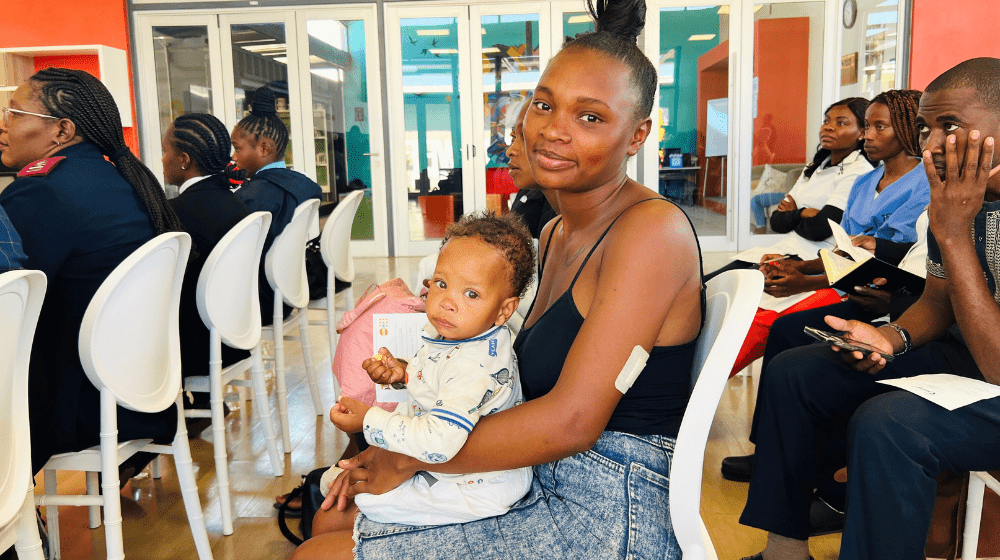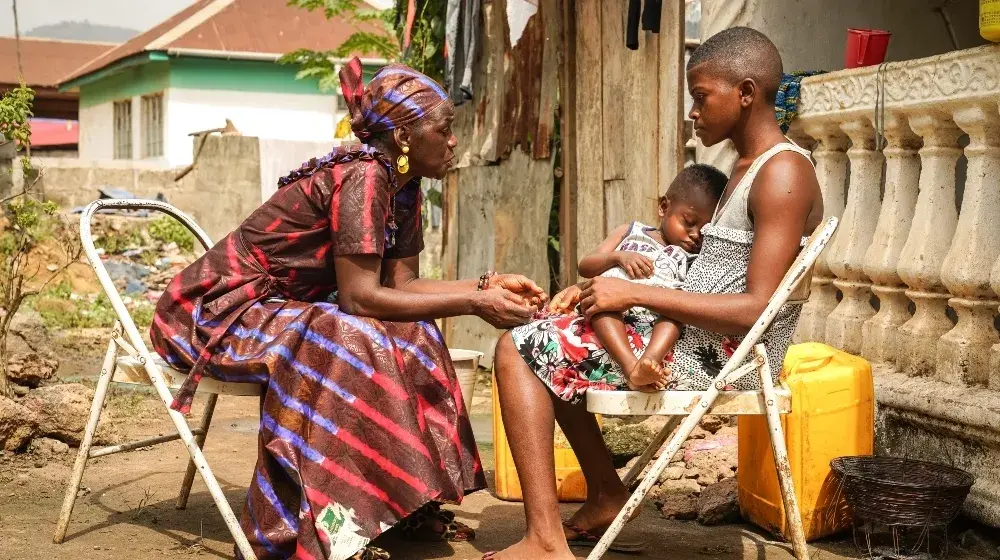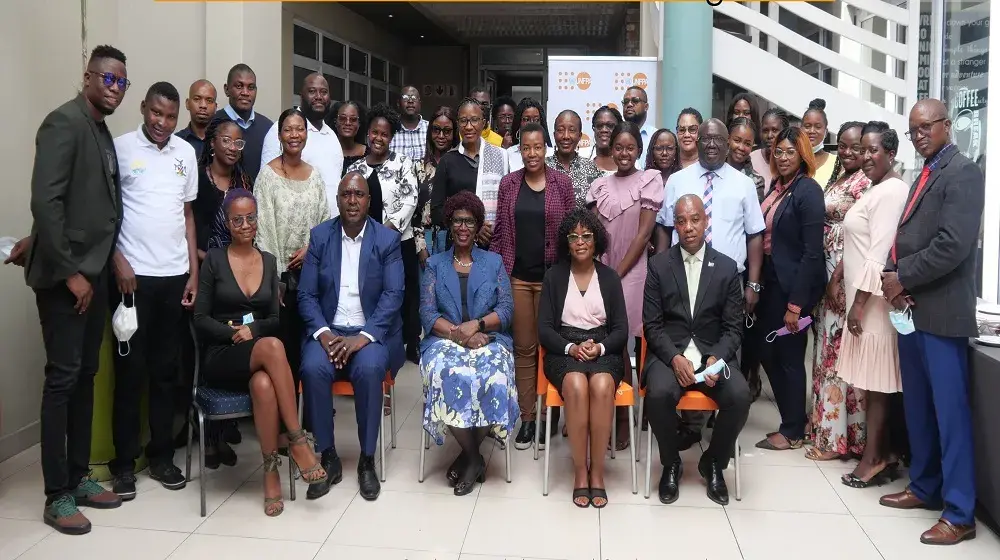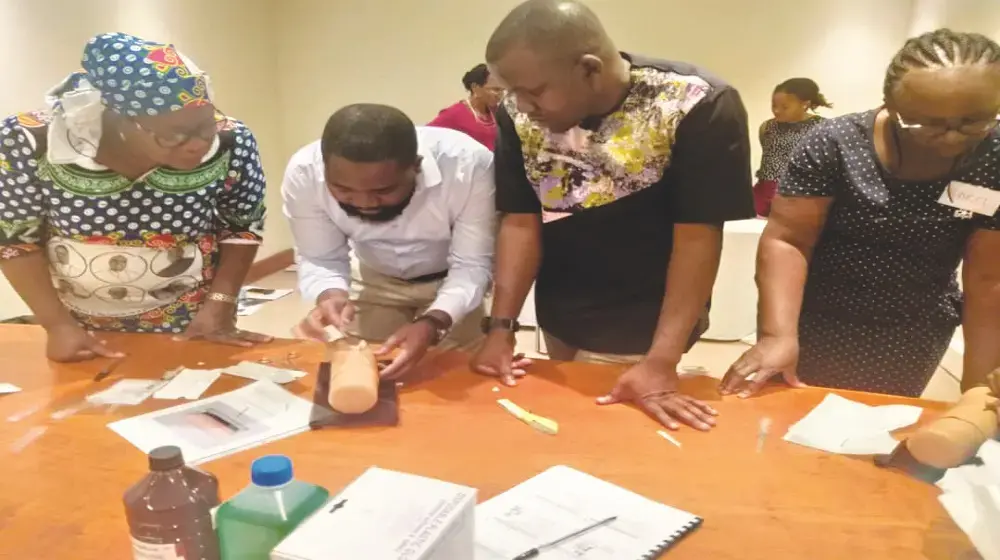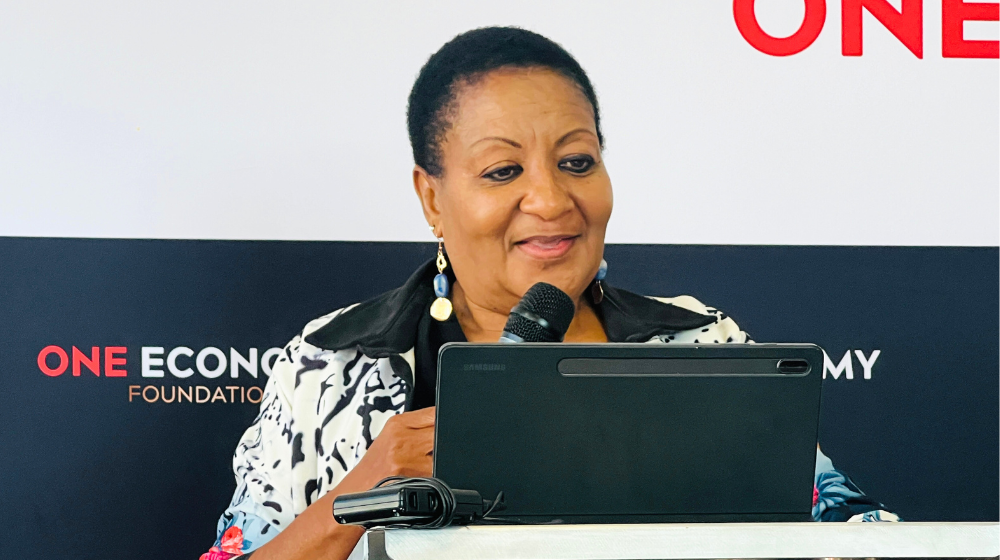
WINDHOEK, Namibia – On August 16, 2024, the Ministry of Health and Social Services (MOHSS), in collaboration with the United Nations Population Fund (UNFPA) and the One Economy Foundation, launched the Long-Acting Reversible Contraceptive (LARC) Method Campaign at the BeFree Campus. The primary focus of the campaign is to increase awareness and access to two highly effective LARC methods: the copper intrauterine contraceptive device (IUCD) and implants.
Deputy Minister of Health and Social Services, Hon. Dr. Esther Muinjangue, emphasized the campaign’s significance in her remarks: “Access to contraception is a fundamental human right. It is vital for promoting gender equality, enhancing economic development, and improving the health and well-being of our population,” Muinjangue said. “In Namibia, like many nations, our journey toward universal access to family planning has faced numerous challenges. However, we are making significant strides forward,” she added.
We must ensure that every Namibian has the right to information and access to contraceptive options, thereby reinforcing their autonomy and choices regarding reproductive health.
Muinjangue also addressed the urgency of tackling unwanted pregnancies: “Unwanted pregnancies remain a critical public health issue in Namibia. Studies show that many women have an unmet need for family planning, highlighting the gap between the desire to prevent pregnancies and access to reliable contraceptive methods. We must ensure that every Namibian has the right to information and access to contraceptive options, thereby reinforcing their autonomy and choices regarding reproductive health.”
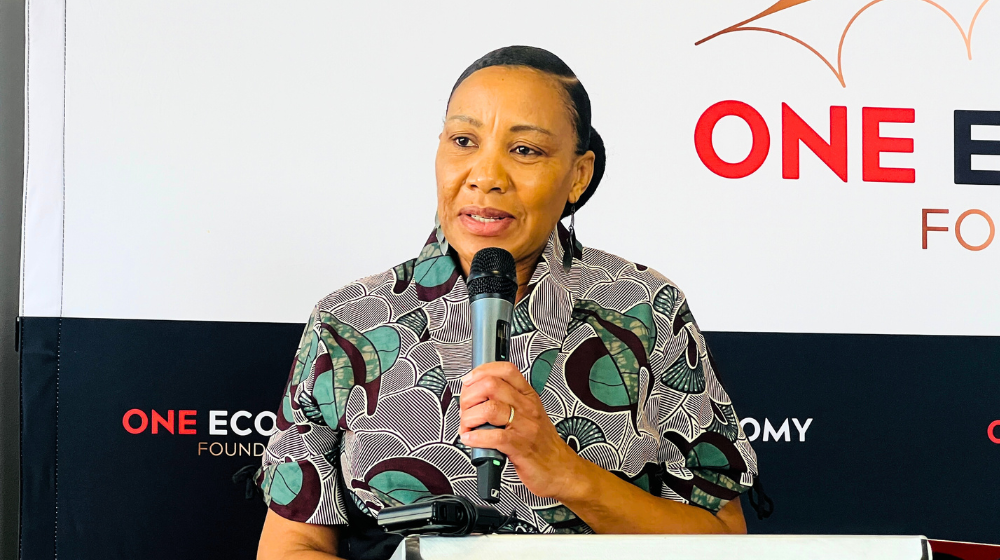
UNFPA Namibia Assistant Representative, Loide Amkongo, highlighted the importance of LARCs in family planning: “Despite their advantages, long-acting reversible contraceptive methods remain underutilized due to factors such as lack of awareness, misinformation, and limited access to services.”
The campaign will focus on increasing awareness and access to LARCs, particularly in regions with high rates of unintended pregnancies. In addition to Khomas, the campaign will be rolled out in Ohangwena and Kavango East, targeting university students and providing comprehensive sexual and reproductive health services.
Amkongo also emphasized the necessity of a holistic approach to sexual and reproductive health: “It is important to note that while LARCs are highly effective, they do not protect against sexually transmitted infections (STIs), including HIV. Counseling must emphasize the dual protection benefits of condoms, which prevent both unintended pregnancies and STIs, and encourage their use as a complement or alternative to LARCs.”
The Financial Manager at One Economy Foundation, Andreas Ambabi stated: “After this campaign is launched today in Windhoek, in the Khomas Region, it will also be replicated in other regions, namely Ohangwena, Kavango East, and Kavango West, to enhance the provision of sexual and reproductive health services as well as raise awareness.”

